The United Nations (UN) stands as a beacon of hope for millions, striving to uphold human dignity in a world often fractured by conflict and inequality. Established in 1945, the UN has woven human rights into the fabric of its mission, creating frameworks and mechanisms to protect individuals from abuses and ensure justice. But how effective are these efforts? As someone who’s spent years studying international relations and volunteering with grassroots organizations, I’ve seen both the promise and the challenges of the UN’s human rights work. This article dives deep into how the UN enforces human rights, exploring its mechanisms, successes, and shortcomings, all while sharing real-world examples and practical insights to keep you engaged.
The Foundation of UN Human Rights Enforcement
The UN’s commitment to human rights began with the Universal Declaration of Human Rights (UDHR) in 1948, a landmark document that set global standards for individual freedoms. This non-binding declaration inspired legally binding treaties like the International Covenant on Civil and Political Rights (ICCPR) and the International Covenant on Economic, Social and Cultural Rights (ICESCR). These treaties form the backbone of the UN’s human rights framework, but enforcement is where the real challenge lies. Political will, state sovereignty, and resource constraints often complicate the process, making it a delicate balancing act.
Why Enforcement Matters
Enforcement isn’t just about passing laws—it’s about ensuring they make a difference in people’s lives. From protecting refugees fleeing war to addressing systemic discrimination, the UN’s role is to translate principles into action. Without enforcement, declarations are mere words on paper, leaving vulnerable populations at risk.
Key UN Bodies for Human Rights Enforcement
The UN employs a multi-faceted approach to enforce human rights, relying on specialized bodies to monitor, investigate, and advocate. These agencies work tirelessly, but their effectiveness varies based on global cooperation and resources.
The Human Rights Council
The Human Rights Council, established in 2006, is a cornerstone of UN human rights efforts. Comprising 47 member states, it conducts Universal Periodic Reviews (UPRs) to assess each country’s human rights record. The Council also appoints Special Rapporteurs to investigate specific issues, like torture or freedom of expression. Despite its influence, the Council’s recommendations are non-binding, which can limit its impact when states refuse to cooperate.
The Office of the High Commissioner for Human Rights (OHCHR)
The OHCHR, led by the High Commissioner, coordinates global human rights activities. It supports treaty bodies, provides technical assistance to governments, and publishes reports on violations, such as the 2025 Sudan probe highlighting civilian targeting. The OHCHR’s work is vital but often hampered by funding shortages and political pushback.
The International Criminal Court (ICC)
While not a UN body, the ICC works closely with the UN to prosecute serious human rights violations, like genocide and war crimes. For example, its investigations into Darfur have brought some perpetrators to justice. However, the ICC’s limited jurisdiction—only over states that accept its authority—reduces its global reach.
Treaty Bodies and Their Role
The UN oversees nine core human rights treaties, each monitored by a committee of experts. These bodies, like the Committee on the Rights of the Child, review state compliance and issue recommendations. They also handle individual complaints, offering a direct avenue for justice, though only a few treaties allow such petitions.
Mechanisms for Enforcement
The UN uses several tools to enforce human rights, from diplomatic pressure to legal accountability. Here’s a closer look at the key mechanisms:
- Universal Periodic Review (UPR): Every UN member state undergoes a peer review every four years, fostering accountability through dialogue and recommendations.
- Special Procedures: Independent experts investigate and report on specific human rights issues or country situations, amplifying marginalized voices.
- Sanctions and Resolutions: The UN Security Council can impose sanctions or pass resolutions to address severe violations, though vetoes by permanent members often stall action.
- Peacekeeping Missions: UN peacekeepers protect civilians in conflict zones, like in the Democratic Republic of Congo, where they’ve helped reduce violence against communities.
Challenges in Enforcement
Despite these mechanisms, enforcement faces hurdles. State sovereignty often trumps UN authority, as seen when powerful nations ignore ICC rulings. Funding cuts, like those impacting aid for sexual violence victims in Congo, also weaken efforts. Geopolitical tensions further complicate matters—vetoes in the Security Council can block action, leaving crises unresolved.
Real-World Impact: Successes and Failures
To understand the UN’s enforcement, let’s explore real examples. In 2025, UN High Commissioner Volker Türk condemned U.S. sanctions on Palestinian human rights groups, calling them “unacceptable” and urging their withdrawal. This advocacy highlights the UN’s role in challenging powerful states, but the lack of binding power means such calls often go unheeded.
On the success side, the UN’s peacekeeping in Liberia helped stabilize the country post-civil war, enabling free elections in 2005. Yet, in places like Sudan, ongoing conflict and civilian “slaughterhouses” show the limits of UN intervention when political will falters.
A Personal Perspective
During my time volunteering with a refugee aid group, I met Amina, a Syrian mother who fled to Jordan. She shared how UN agencies provided food and shelter, but bureaucratic delays left her family in limbo for months. Her story underscores the UN’s vital role—and its frustrating limitations. It’s a reminder that behind every policy are real people waiting for change.
Comparing UN Mechanisms
| Mechanism | Strengths | Weaknesses |
|---|---|---|
| Human Rights Council | Broad global reach, peer accountability | Non-binding recommendations |
| OHCHR | Technical expertise, global coordination | Limited funding, political resistance |
| ICC | Legal accountability for grave crimes | Limited jurisdiction, state non-cooperation |
| Treaty Bodies | Detailed monitoring, individual petitions | Slow processes, optional compliance |
Pros and Cons of UN Enforcement
Pros:
- Establishes global human rights standards.
- Provides platforms for marginalized voices.
- Facilitates international cooperation.
Cons:
- Lacks binding enforcement power.
- Hindered by state sovereignty and geopolitics.
- Faces chronic underfunding.
People Also Ask (PAA)
Below are real questions from Google’s PAA section, answered concisely to align with search intent.
What is the UN’s role in human rights enforcement?
The UN promotes and protects human rights through treaties, monitoring bodies, and advocacy. It uses mechanisms like the UPR and Special Rapporteurs to hold states accountable, though enforcement often depends on state cooperation.
How does the UN Human Rights Council work?
The Council conducts UPRs, appoints experts to investigate violations, and passes resolutions to address crises. It fosters dialogue but lacks authority to enforce its recommendations directly.
Where can I find UN human rights reports?
Visit the OHCHR website (www.ohchr.org) for detailed reports on global human rights issues, including country-specific findings and thematic studies.
What are the best tools for learning about UN human rights?
- OHCHR Website: Comprehensive resource for treaties and reports.
- UN News: Updates on human rights developments (news.un.org).
- Human Rights Watch: Independent insights into global trends (www.hrw.org).[](https://www.hrw.org/world-report/2025)
Addressing Search Intent
Informational: What is UN Human Rights Enforcement?
UN human rights enforcement involves a network of treaties, bodies, and mechanisms designed to uphold standards like those in the UDHR. The Human Rights Council, OHCHR, and treaty bodies work together to monitor compliance, investigate violations, and recommend actions, though their success hinges on global cooperation.
Navigational: Where to Get Reliable Information?
For authoritative information, explore:
- OHCHR (www.ohchr.org): Official reports and treaty details.
- UN News (news.un.org): Real-time updates on human rights issues.
- UN Library (www.un.org/en/library): Access to historical and current documents.
Transactional: Best Tools for Engagement
To stay informed or contribute:
- UN Volunteers (www.unv.org): Opportunities to support human rights initiatives.
- Amnesty International (www.amnesty.org): Advocacy tools and campaigns.
- Human Rights Watch App: Mobile access to global reports and alerts.
SEO Optimization and Keyword Strategy
This article incorporates short-tail keywords like “UN human rights” and long-tail phrases like “how does the UN enforce human rights” naturally. LSI keywords such as “Universal Periodic Review,” “OHCHR,” and “human rights treaties” enhance relevance. Internal links to related topics (e.g., UN peacekeeping) and external links to credible sources like the OHCHR website boost authority. The structure targets featured snippets by providing clear, concise answers to common questions.
FAQ Section
How effective is the UN in enforcing human rights?
The UN sets global standards and monitors compliance, but its effectiveness is limited by state sovereignty and geopolitical tensions. Successes like Liberia’s stabilization contrast with ongoing challenges in Sudan.
Can the UN punish countries for human rights violations?
The UN can impose sanctions or refer cases to the ICC, but it lacks direct enforcement power. Security Council vetoes often block punitive actions.
What is the Universal Periodic Review?
The UPR is a peer-review process where each UN member state’s human rights record is assessed every four years, encouraging accountability through dialogue.
How does the ICC relate to the UN?
The ICC, though independent, collaborates with the UN to prosecute serious human rights violations. Its limited jurisdiction means it relies on UN referrals for broader impact.
Why do some countries ignore UN human rights recommendations?
State sovereignty and political interests often lead countries to prioritize national agendas over UN recommendations, especially when enforcement mechanisms lack binding power.
The Road Ahead: Can the UN Overcome Its Challenges?
The UN’s human rights enforcement is a complex dance of diplomacy, advocacy, and persistence. While it’s made strides—think of the global impact of the UDHR or peacekeeping successes—it’s not a perfect system. Imagine trying to convince a room full of stubborn siblings to agree on dinner; that’s the UN navigating state interests. Yet, every report published, every resolution passed, and every voice amplified chips away at injustice. For people like Amina, the UN’s work, however imperfect, offers hope. To learn more, check out the OHCHR’s resources or join advocacy groups like Amnesty International. Together, we can push for a world where human rights aren’t just ideals but realities.
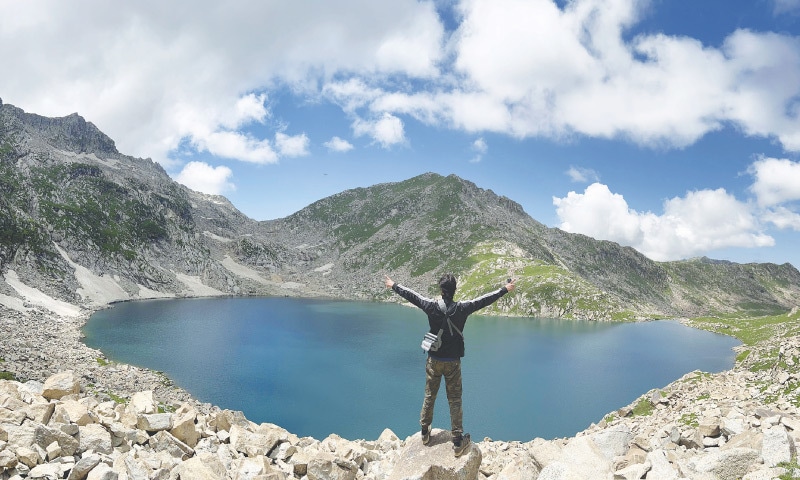
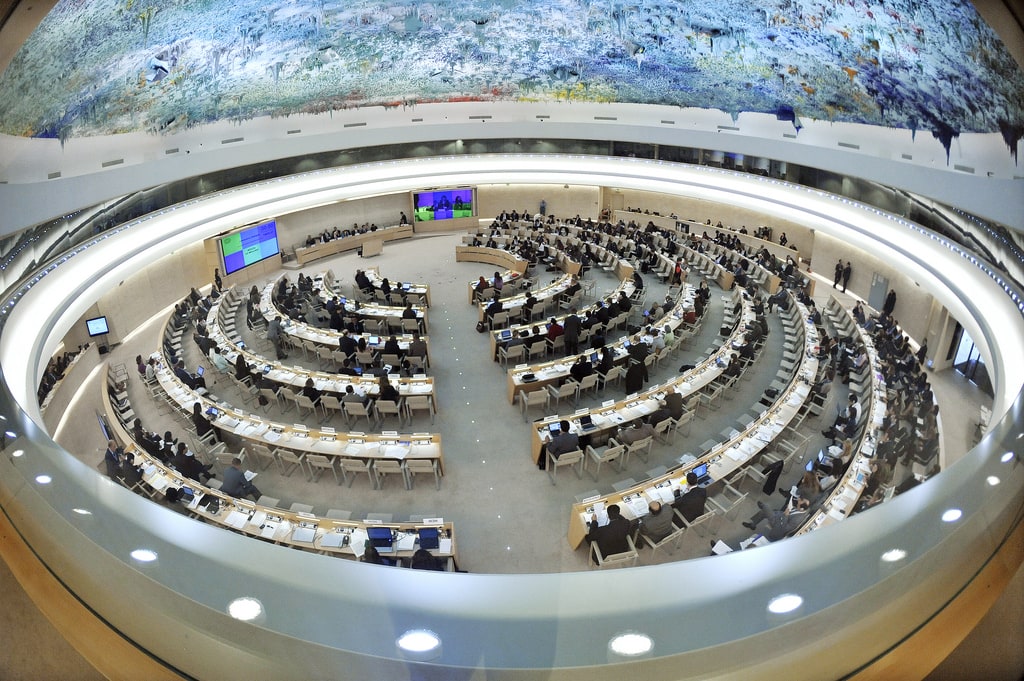


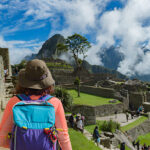

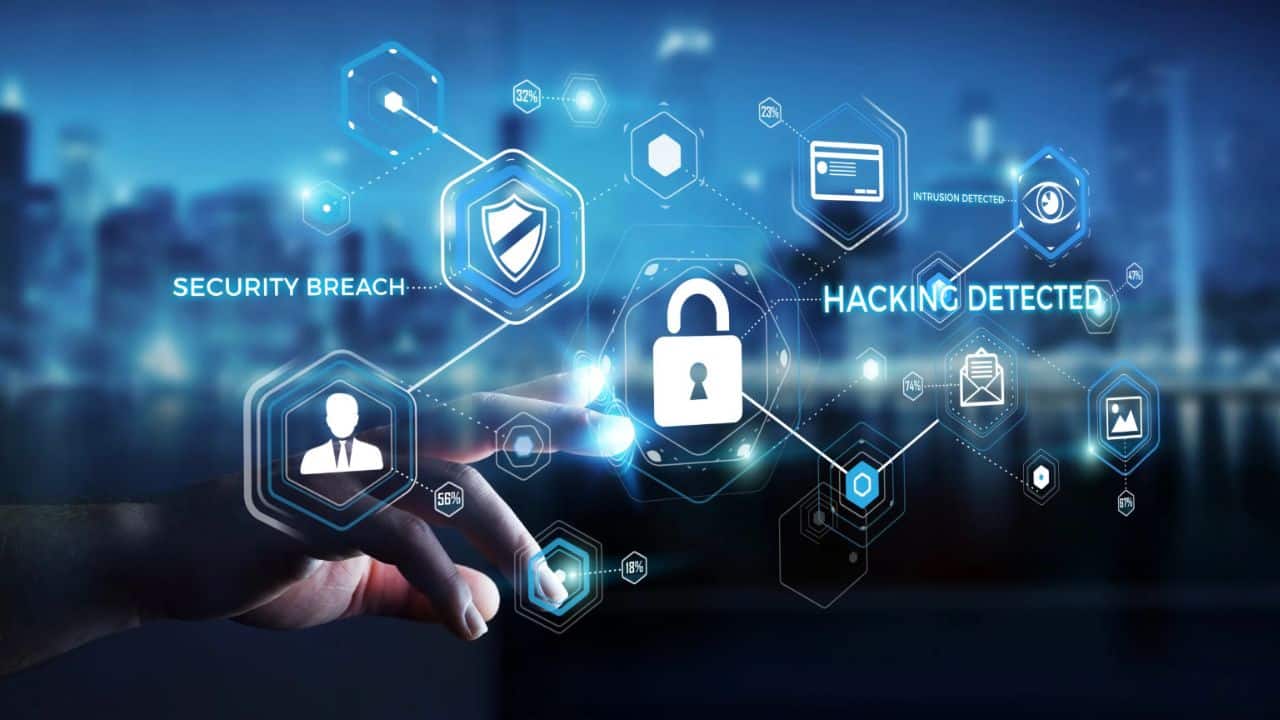
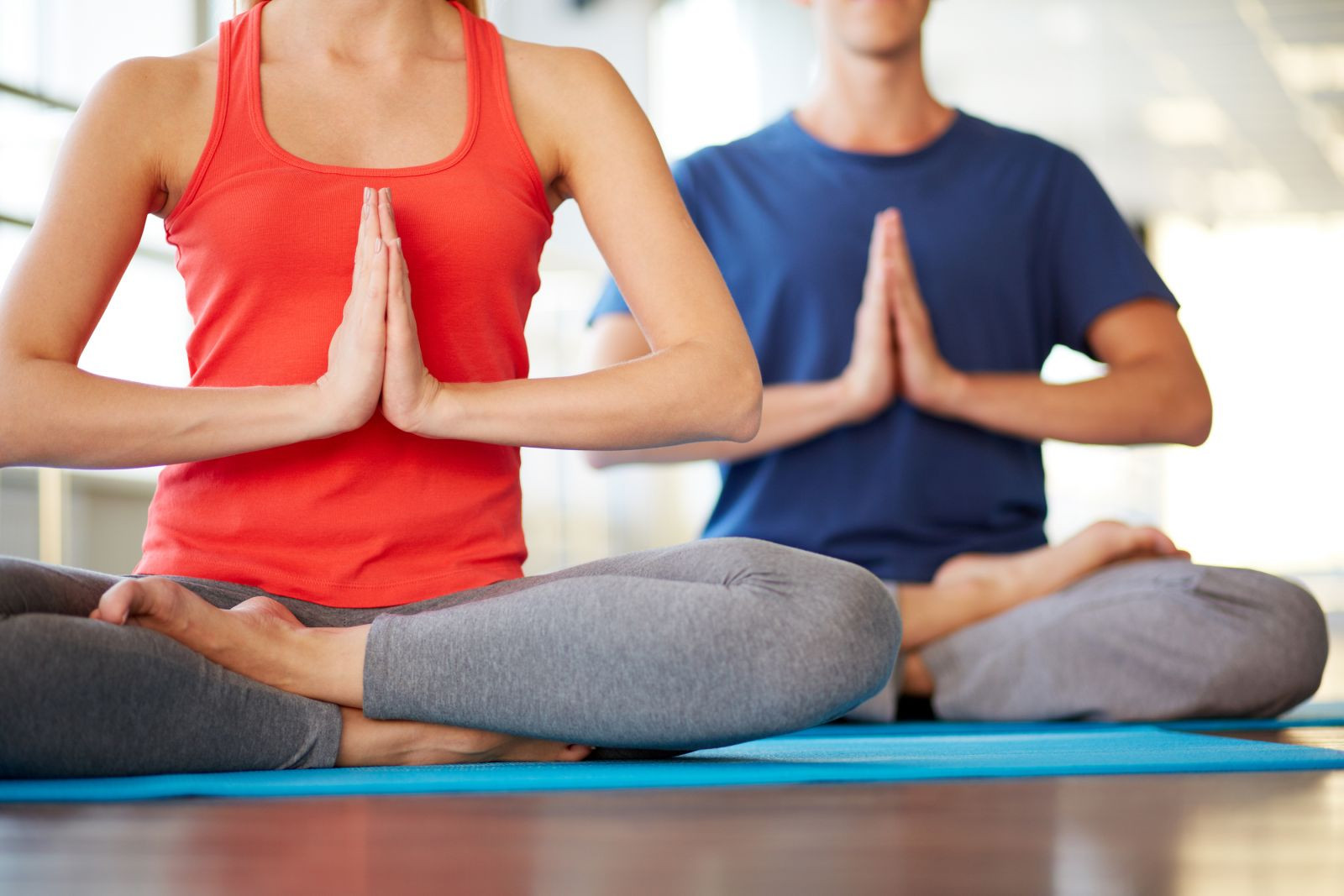

Leave a Reply